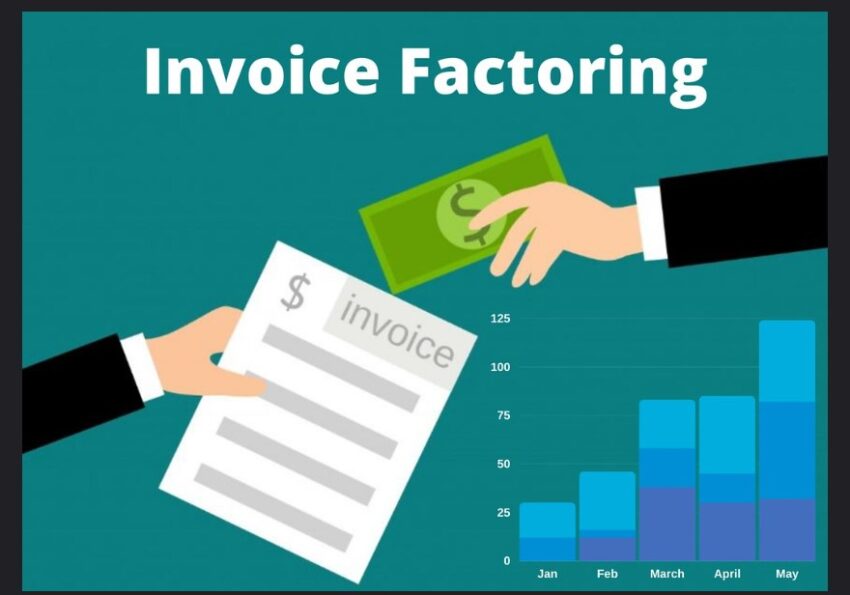Define “Factoring”.

In finance, “factoring” is a financial transaction in which a company sells its accounts receivable, specifically unpaid invoices, to a financial institution or a specialized firm known as a “factor” at a discounted rate.
In return, the factor promptly provides cash to the company. This arrangement is designed to bolster the company’s cash flow and expedite access to working capital.
Factoring is a widely adopted method that enables companies to efficiently convert their outstanding accounts receivable into immediate funds, eliminating the need to wait for customer invoice settlements.
Critical aspects of factoring in finance encompass:
- Client (Seller): The entity selling its accounts receivable is commonly referred to as the client or seller. These accounts receivable represent the outstanding payments owed to the company by its customers.
- Factor (Purchaser): Factors typically include financial institutions or specialized factoring companies. Factors purchase the accounts receivable from the client at a discount and provide immediate cash to the client.
- Discount Rate: The discount rate represents the percentage by which the face value of the accounts receivable is reduced when sold to the factor. It serves as the fee charged by the factor for their services. The discount rate may vary depending on the terms of the factoring agreement and the creditworthiness of the client’s customers.
- Working Capital: Factoring facilitates rapid access to working capital, vital for covering operational expenses, supporting growth initiatives, and efficiently managing cash flow. This is particularly advantageous for companies with customers who have extended invoice settlement periods.
- Collection Services: In many factoring agreements, factors assume responsibility for collecting payments from the client’s customers. This encompasses account management, payment reminders, and resolving disputes or issues related to unpaid invoices.
- Credit Risk Management: Factors often evaluate the creditworthiness of the client’s customers before purchasing their accounts receivable. This assessment assists in managing the risk associated with non-payment.
- Confidentiality: Factoring can be conducted on either a confidential or non-confidential basis. Confidential factoring does not disclose the factor’s involvement to the client’s customers.
- Recourse vs. Non-Recourse Factoring: Two prevalent factoring arrangements exist. In recourse factoring, the client retains responsibility for repurchasing any accounts receivable that remain unpaid by the customer after a specified period. In non-recourse factoring, the factor assumes the credit risk, and the client is not liable for overdue invoices.
Factoring is a valuable financial tool that empowers companies to manage their cash flow effectively, enhance liquidity, and mitigate the risks associated with unpaid invoices.
It is commonly utilized by companies operating in sectors characterized by prolonged payment cycles or when there is an immediate need for funds to support various business activities.
you may gone through following article From Deals to Dollars: How Merchant Bankers Drive Corporate Growth.

